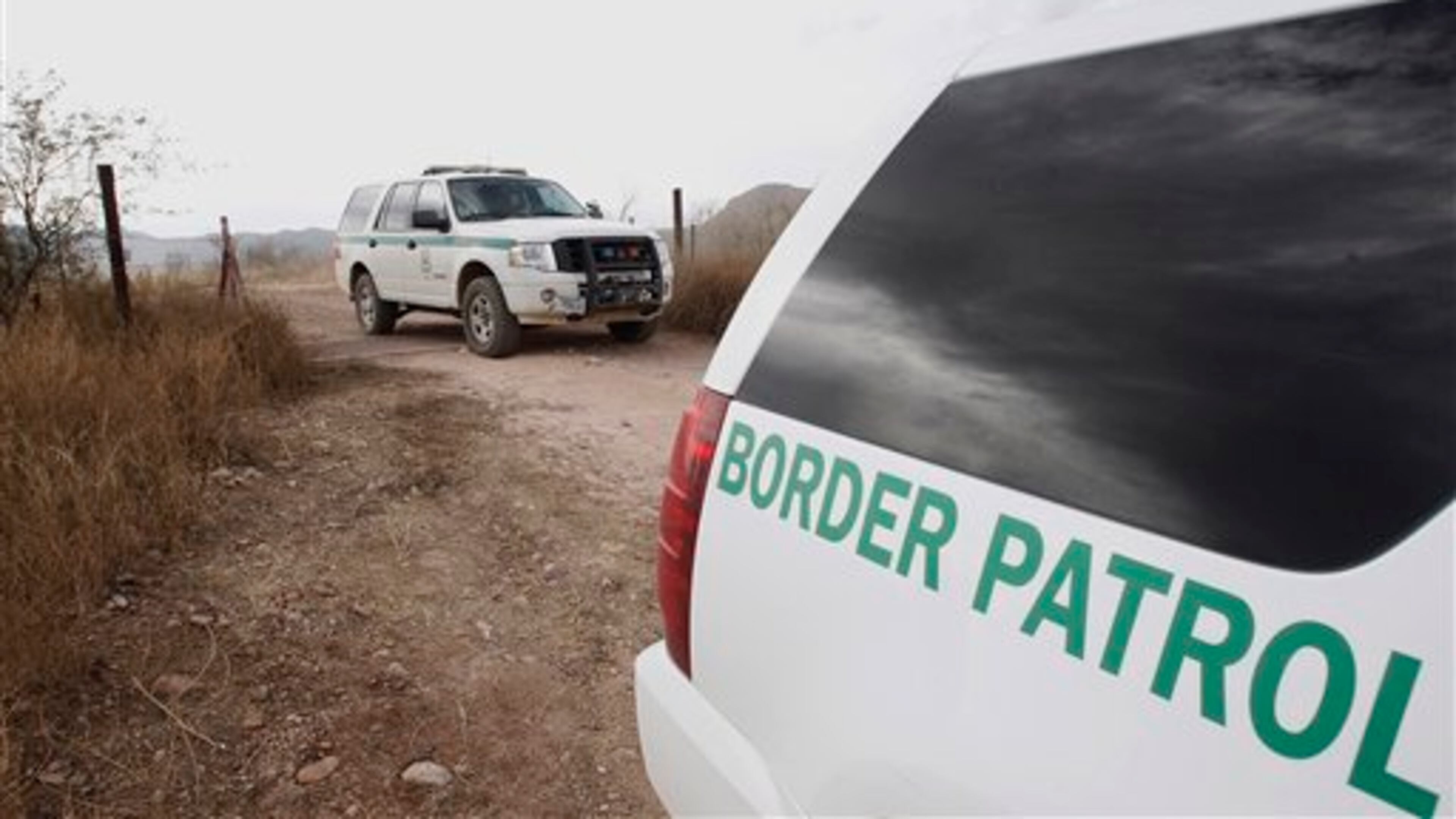Why the 'border security' excuse is such a fraud

The GOP line on comprehensive immigration reform has long been that border security and enforcement must come first. In his re-election announcement this week, Sen. Johnny Isakson repeated that litany in criticizing President Obama's intention to accomplish what he can through executive action:
The American people have spoken out loud and clear. They want security first. They don't want amnesty. And they don't want open borders. And I think it would be a tragic mistake for the president to make. And it would really divide Washington. And divide America."
Set aside for the moment the argument about Obama's executive action: On the merits of the case, Iskason is flat-out and demonstrably wrong on every point that he attempts to make. For example, he claims that "the American people have spoken out loud and clear" against what he calls amnesty, yet poll after poll after poll document the fact that the American people support a path to legalization, and by a significant majority.
Here's how a new poll from the Wall Street Journal/NBC put the question:
Contrary to Isakson's claim, 74 percent favor a pathway to citizenship as long as it includes certain requirements. As it happens, those very requirements -- back taxes, fines, background check -- were included in S. 744, the comprehensive immigration bill passed by the Senate in 2013 that the House refuses to even vote upon. In addition to the steps listed in the poll question, the Senate bill requires that applicants for legal status have jobs that pay above the poverty level, and that they prove that they are taking English lessons and lessons in American history or civics.
Isakson voted against that bill.
Let's also address his rhetoric about "open borders." Here is what Isakson and most of his fellow Republicans in the Senate voted AGAINST when they voted against S. 744; here is what House Republicans refuse to vote on at all:
-- S. 744 would literally double the size of the Border Patrol, from the current 19,200 to 38,400.
-- It would finance the construction of more than 700 miles of additional fencing along the southwest border.
-- Adding up all the projects detailed specifically in the bill, it would finance another 85 border observation towers, 488 fixed 24-hour video surveillance systems, 232 mobile video surveillance systems, 4,595 ground and infrared sensors, and 820 handheld infrared and night-vision systems, plus thousands of other border-enforcement tools such as radiation sensors, license-plate readers, etc..
-- It would also purchase almost 50 helicopters, 30 boats, four drones and six VADER ground-radar systems "to detect and follow people traveling on foot, as well as moving land vehicles" and "for persistent reconnaissance, surveillance, tracking, and targeting of evasive vehicles and people moving on foot in cluttered environments." Two such systems are currently deployed in Afghanistan to detect guerrillas planting improvised explosive devices.
-- To the consternation of liberals, it would give the secretary of Homeland Security the right to waive any federal law, including the Endangered Species Act and other environmental laws, that might interfere with fence construction.
-- It would allocate $750 million to upgrade the E-verify system. Once the upgrade was completed, employers would be mandated to use the upgraded system to verify that a person is legally eligible for work.
-- It would hire additional judges, attorneys and other personnel to process deportations much more quickly.
-- It would mandate "fraud-resistant, tamper-resistant, wear-resistant, and identity-theft resistant Social Security cards."
-- It would require Homeland Security to identify, track and remove at least 90 percent of visitors who overstay their visas by more than 180 days.
-- And in most cases, illegal immigrants could not become lawful permanent residents and begin the process toward citizenship until the doubling of the Border Patrol has been completed, the E-Verify system is fully functional and mandatory, the technology listed above has been implemented and is certified operational, and an electronic system is in place so we know whether those on visas have outstayed their legal welcome. In short, enforcement first.
All in all, the bill commits almost $50 billion in new spending, plus revenue from immigration-related fees and fines, for additional border security over the next decade. Given that the total annual budget for the Border Patrol is $3.5 billion -- an amount that has more than tripled since 2000 -- that's an extraordinary amount of money to throw at the problem. Republicans supposedly obsessed about border security could have all that and probably more within a week or less if they were willing to compromise, but they cannot bring themselves to do so.
In fact, there's a very real question of whether so much money can be spent efficiently in such a relatively short amount of time, but to be frank, those drafting the Senate bill weren't really looking at efficiency. They wanted to err on the side of excess, so that nobody looking at the bill could reasonably claim that it wasn't taking border control seriously.
But as we've seen, that excess has done nothing to stop the critics from mindless rhetoric about "open borders," etc. It's an excuse for inaction, not the reason for inaction. And they will cling to that excuse no matter what.
